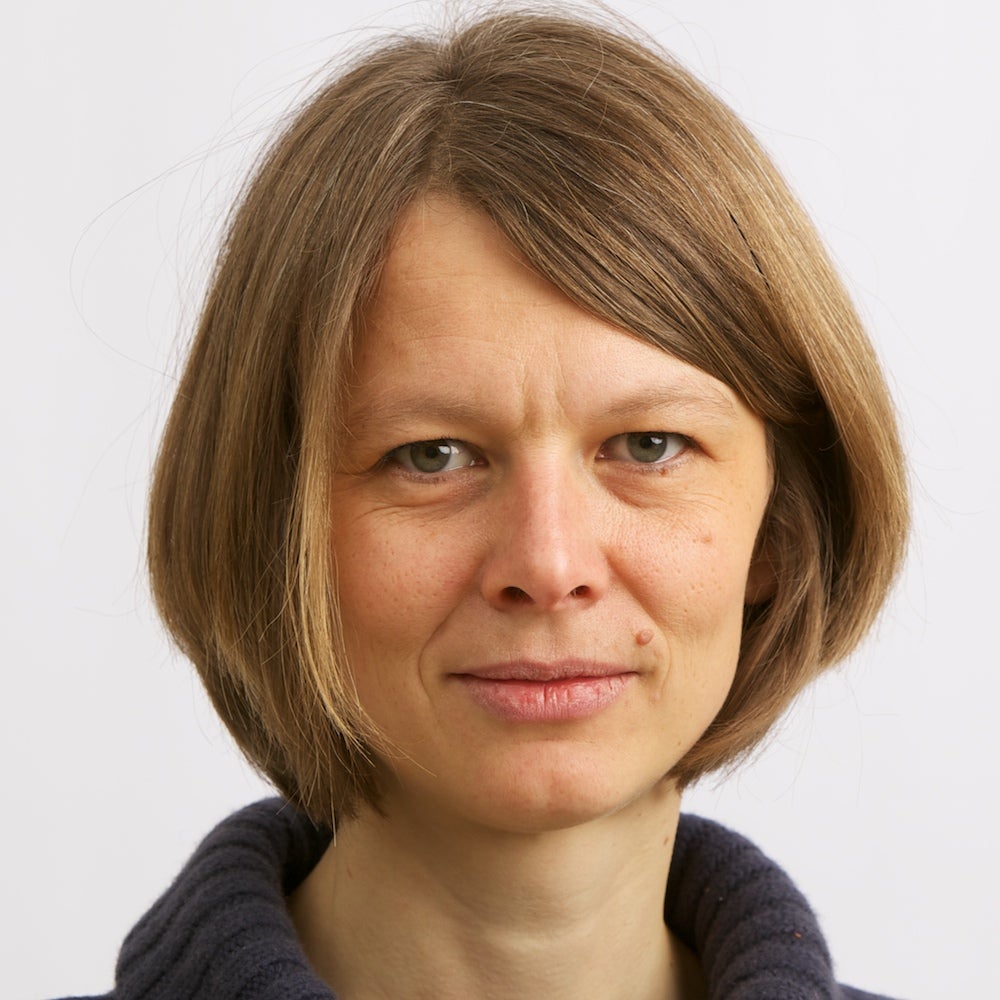Is there a new profession of "integration experts" on the rise?
The pressing environmental and societal challenges of our time require inter- and trans-disciplinary (ITD) research that crosses boundaries between not only different disciplines but also research, policy, and practice in order to formulate ‘socially robust’ responses to meet such challenges.
Integration across boundaries is widely regarded as the core challenge and the key feature of inter- and trans-disciplinary (ITD) research. Given its importance, it is surprising that the current system of higher education does not provide permanent positions for integration experts; i.e. experts who lead, administer, manage, monitor, assess, accompany, and/or advise others on integration within ITD projects or programs.
Based on empirical results of an ITD 2019 Conference Workshop titled ‘Is there a new profession of integration experts on the rise?*, held in Gothenburg, Sweden, and my own experience in leading and studying ITD integration, this presentation will shed light on the overarching question, ‘What are integration experts?’.
I will summarize workshop results under four subquestions: (a) What roles do integration experts assume? (b) What motivates them to assume their roles? (c) What personal qualities and expertise do they need to fulfill their roles? and (d) What career challenges do integration experts face in academia? and use direct quotes from participants to substantiate workshop results. Based on our results, I will suggest four complementary ways to support integration experts: (a) establishing an international Community of Practice (CoP); (b) studying academic careers of integration experts; (c) funding respective positions and aligning metrics for ITD research to foster integration within ITD projects or programs; and (d) engaging in collaborative dialogue with academic institutions and funding agencies. I will conclude my presentation by reflecting on my own role at Eawag as a leader and a scholar of inter- and transdisciplinary research.
*reference: Hoffmann S, Deutsch L, Klein JT, O’Rourke M (accepted) Integrate the Integrators! A call for establishing academic careers for integration experts. Humanities & Social Sciences Communications

She received her PhD degree in Development Studies from the Graduate Institute of International and Development Studies in Geneva (Switzerland); she earned a Master of Advanced Studies degree in Development and Cooperation from the Swiss Federal Institute of Technology in Zürich (Switzerland) and a Master of Science degree in Geo-Ecology from the University of Bayreuth (Germany).
Her research focuses on integration and integrative leadership in large inter- and transdisciplinary research programs. Her publications have appeared in outlets across a number of fields, including environmental sciences (e.g. Science, Environmental Science and Technology, Frontiers in Environmental Science, Ecology and Society), social sciences (e.g. Environmental Science and Policy), and management science (e.g. Research Policy). She was awarded with the Swiss Academies Award for Transdisciplinary Research for her work within the Swiss National Research Program (NRP 61), leading one NRP 61 synthesis process and concurrently studying integration within all four synthesis processes.
Prior to her PhD, she worked as a development consultant for the Swiss Agency for Development and Cooperation (SDC), the German Agency for International Cooperation (GIZ) and the International Secretariat for Water (ISW) in Bolivia, Central and Eastern Europe.
Friends and visitors are welcome to join us virtually for this public talk! visitor registration